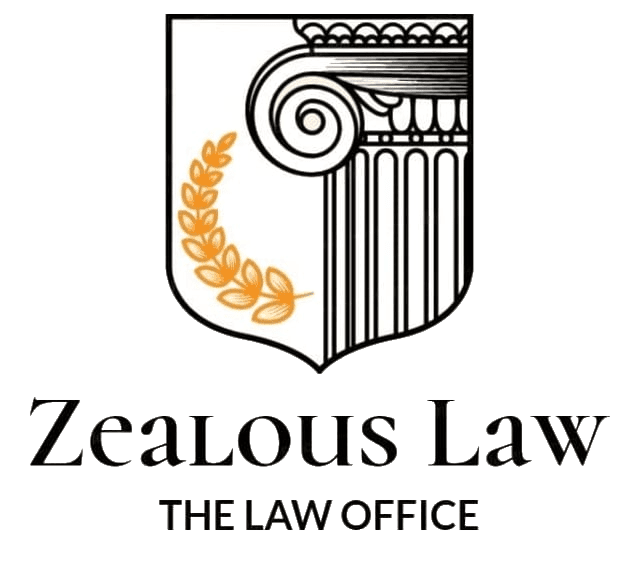
Elder Abuse

Elder abuse in an unfortunate reality for countless senior citizens across the nation. Everyday, people in nursing homes, adult daycare centers, and hospitals are taken advantage of. The abuser can be anyone who has direct contact with the elderly: caretakers, attendants, orderlies, even family members. Because of the sensitive nature of the topic, abusers are often able to continue their misdeeds in secret.
When most people think of abuse, they likely think of physical or sexual battery. But the US Centers for Disease Control and Prevention also includes psychological and financial exploitation in their official definition. From emotional trauma to general neglect, abuse may look different from the way people expect it to. That’s why it’s so important to pay attention to the signs.
UNDERSTANDING ABUSE STARTS WITH IDENTIFYING INAPPROPRIATE BEHAVIOR:
The Nature of Abuse
- Physical: Includes any type of bodily harm, including striking, punching, pushing, hitting, and slapping.
- Emotional: Includes yelling, derogatory words, threatening, or ignoring. It may even involve the caretaker manipulating a situation to keep friends and family away from the senior citizen.
- Neglect: Includes any activity where the caretaker refuses to respond to an elderly person’s needs. (This category is one of the most common forms of abuse.)
- Sexual: Includes any activity where the caretaker engages a mentally deficient elderly person in sexual acts or forces them to watch sexual activity.
- Financial: Includes misusing the person’s bank accounts, credit cards, or personal checks. This can also involve caretakers stealing small amounts of cash or even household goods.
Watching for Signs
Plenty of elderly people can spot abuse and make it known to loved ones or authorities. However, if someone suffers from dementia, mental illness, or physical ailments, they may not be able to tell others what is happening to them. They may not even understand the abuse is taking place.
If you’ve noticed any of the following symptoms, it could be a sign of elderly abuse:
- Dehydration
- Bedsores
- Long-term constipation
- Burns
- Malnutrition
- Severe fear or stress
- Head or spinal cord injuries
Identifying elder abuse is often a matter of observation. From physical bruises to extreme psychological reactions, there are several signs an elderly person may exhibit due to abuse. Paying attention to any departures from the norm can be the first step to unraveling the bigger picture.
Laws to Protect
There are a number of laws to prevent abuse for people of all ages — but there are special clauses in place for those who go after the vulnerable. Elderly people may not have the physical strength of mental wherewithal to stand up against their attackers. They may lack the voice to make themselves heard to the powers that be.
It’s the responsibility of those who suspect abuse to bring the crimes to light. The reality is that this kind of abuse will not stop until someone interferes. Speaking to a lawyer can help you understand the liability of the abuser and how elder abuse laws protect and punish the perpetrators.
How Can We Help?
Contact us with any questions through the form below.
